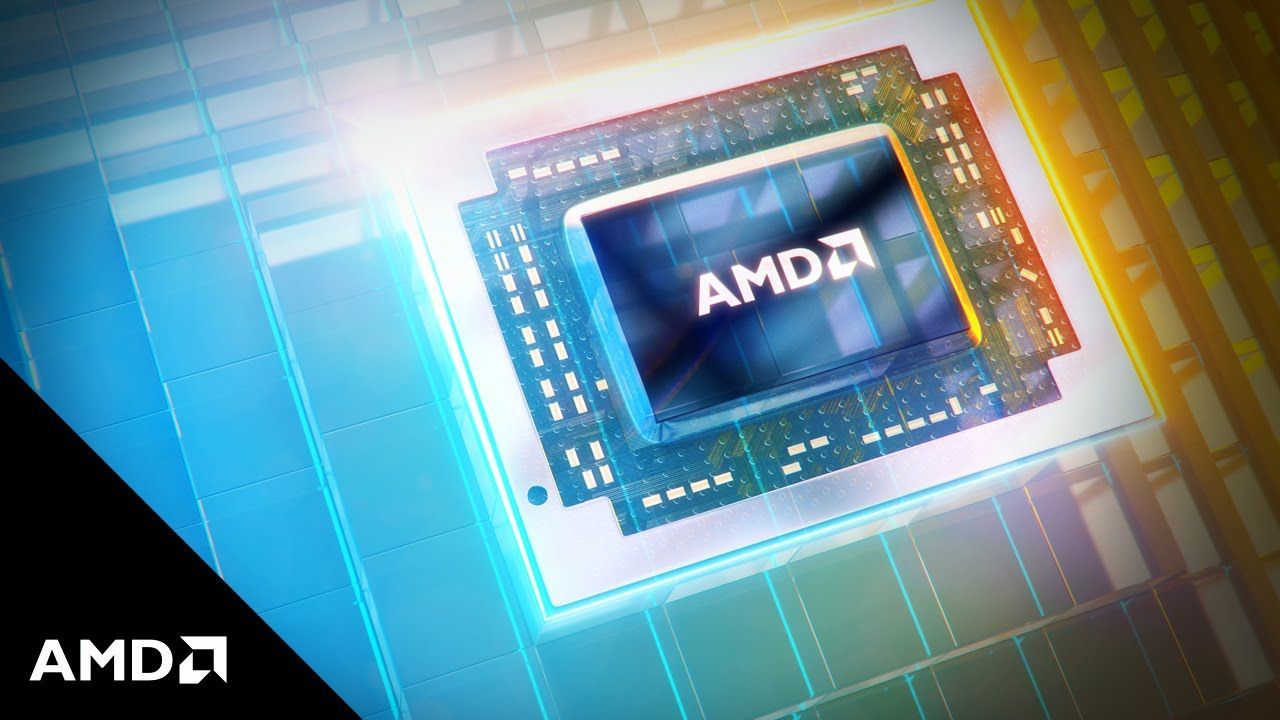EPYC”Zen 2” processors from AMD are now available, representing the most significant change in the server market since the introduction of Opteron. The impact of EPYC should not be underestimated as AMD promises performance, efficiency and price advantages over Intel. With this comprehensive version, people are poised to start talking about EPYC ”Milan”’ based on Zen.
But the road doesn’t stop in Rome. AMD has confirmed that their Zen 3 designs are complete and that Zen 4 is already in the design. At EPYC’s “Rome” kick-off event, Lisa Su explained that she is working with server manufacturers to make design changes that directly benefit her desired workloads. With Zen 2 EPYC, AMD has already shown us that they can make significant performance leaps with each new Zen iteration.
AMD Zen 3 designs are complete and Zen 4 is already in the design
In recent interviews, AMD’s Forrest Norrod has stated that “Milan”, the third generation of EPYC processors, will be on the market in mid-2020. In addition, these processors will be compatible with the existing SP3 socket. So AMD has promised that existing first-generation EPYC and second-generation EPYC implementations will be able to upgrade to Zen 3 processors with relative ease.
AMD is aware of its future work plan. The new EPYC server implementations will be extensible to support the next generation of AMD EPYC Milan products. This is something you can’t say about Intel’s current server orientation. It is also likely that the EPYC Zen 3 “Milan” processors will be released in a similar time frame as the Intel Ice Lake 10 nm processors for servers. If so, it’s a new problem for Intel, because upgrading to EPYC would still be cheaper than upgrading to the new Xeon, which requires new motherboards.
